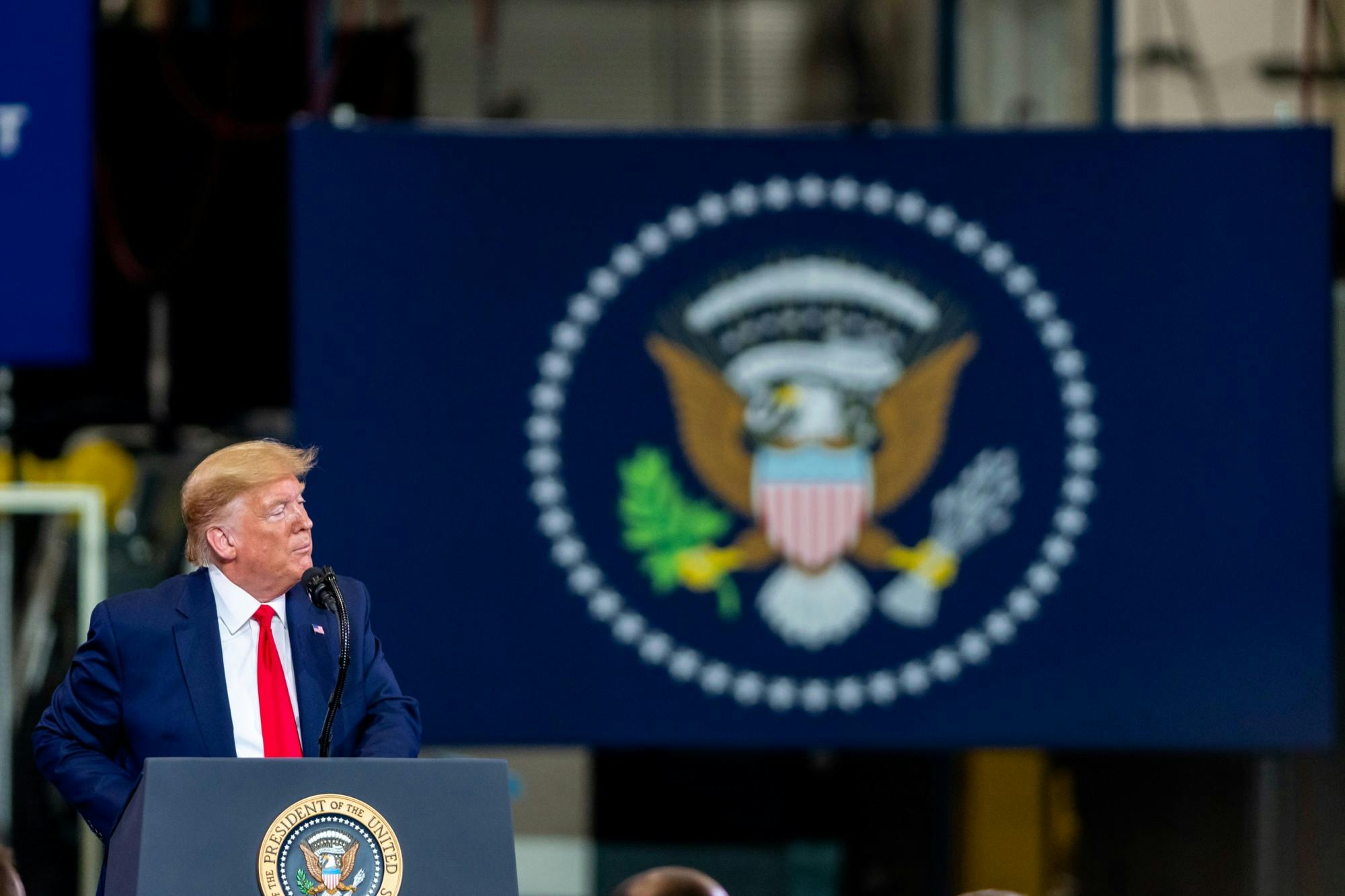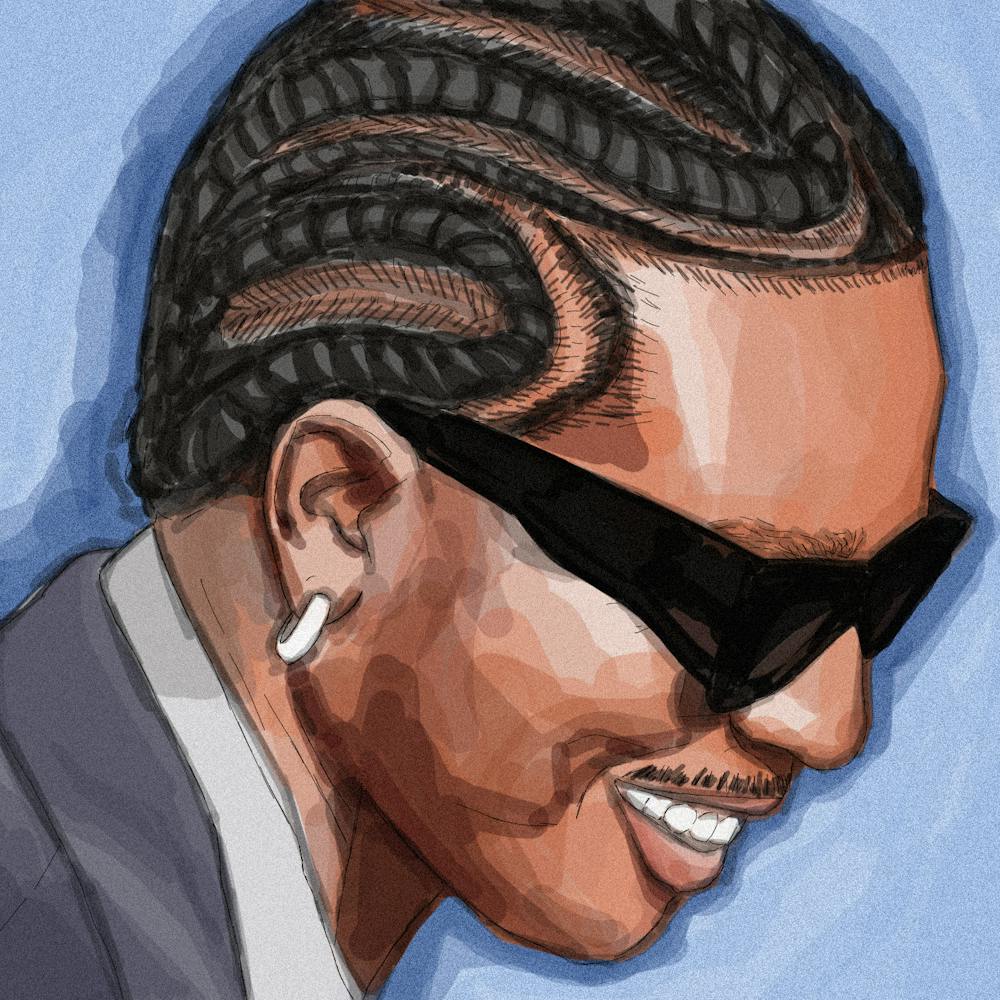Former President Donald Trump’s impeachment trial is underway as Congress is determining if Trump was responsible for the riots that occurred at the U.S. Capitol on Jan. 6. In the defense memo, Trump’s defense team referenced MSU Law Professor and Harold Norris Faculty Scholar Brian Kalt and his paper about late impeachability published in 2001.
In the defense memo, Trump’s lawyers make the argument that impeachment should not be an option for a public official that no longer holds office because the Constitution does not explicitly lay out the rules for late or post-term impeachment.
To support this argument, the defense team quoted Kalt and his research paper “The Constitutional Case for the Impeachability of Former Federal Officials: An Analysis of the Law, History, and Practice of Late Impeachment” 15 times in the 78-page defense memo.
The memo was published on Monday, Feb. 8, prior to the start of the impeachment proceedings. Immediately, Kalt took to Twitter to talk about being cited that many times for the defense.
In his first tweet of a four-tweet thread, Kalt said, “The article favored late impeachability, but it set out all the evidence I found on both sides--lots for them to use… But in several places, they (the defense) misrepresent what I wrote quite badly.”
Kalt said that he was unsure if the misinterpretation was intentional or just “sloppy.” The defense team also quoted Kalt in the memo for quotes that he used in his paper, rather than quoting the original sources themselves.
“Legal experts should do their best to make good-faith arguments, but in the end politicians and the public will always use their work in that results-oriented way,” said Kalt.
In an email, Kalt said that he does not plan on taking any further action about being misinterpreted in the case by the defense team.
“This sort of thing happens in legal briefs from time to time,” said Kalt. “When it does, the remedy is to call it out so that the judge (or here, the Senate) knows. I did that successfully and that’s enough.”
The biggest problem that Kalt had with being quoted in the defense memo is the reference on page 60 of the defense memo which states, “when a President is no longer in office, the objective of an impeachment ceases," using an argument made by Kalt in his 2001 paper.
However, the excerpt quoted from Kalt does not include his full argument from the paper. In this interpretation of the impeachment laws laid out by the Constitution, which Kalt labels “Interpretation 3” in his paper, Kalt ends the argument by saying that can be used, but it has deep flaws due to the wording of Article two, Section four of the Constitution.
The Senate ultimately agreed with Kalt’s support for late impeachability, voting 56-44 that the impeachment trial is constitutional. The trial begins today, but a conviction will be difficult as it requires a two-thirds majority of senators to vote for impeachment.
No matter what ends up happening, Kalt believes that this impeachment trial will not have a lasting impact on the precedent surrounding impeachment and the removal of officials in office.
“We already had the Belknap case in 1876 where the Senate ruled that it had impeachment but then acquitted the person being impeached,” said Kalt. “That’s an ambiguous result—had they convicted Belknap, we’d have a clear precedent and they wouldn’t have needed to debate it yesterday. It looks like we’ll have the same thing happen this time—the Senate votes that it has jurisdiction, but doesn’t have the two-thirds majority needed to convict.”
Support student media!
Please consider donating to The State News and help fund the future of journalism.
Discussion
Share and discuss “MSU law professor speaks out against the use of his research by Donald Trump's defense team” on social media.







